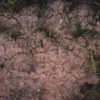Emerald Ash Borer in North Texas 2022 Update

As previously reported, the emerald ash borer beetle (EAB) has been making its way into North Texas in recent years. In 2016, specimens were found in Harrison County, Texas, near the Louisiana border. By 2018, the beetle had spread to Tarrant County. By 2022, EAB had been confirmed to be present in eight Texas counties: Bowie, Cass, Dallas, Denton, Harrison, Marion, and Tarrant. These areas are now under a Texas Department of Agriculture quarantine that restricts the movement of ash trees and tree materials, as well as firewood from all hardwood species, unless properly handled or treated.
While not the most common tree in our North Texas urban forest, ash species do make up 5-13% of the trees in the DFW area. While EAB poses a serious threat to the health of ash trees, there are preventative measures that can help slow the spread of the beetle and protect unaffected trees.
How Do I Tell If I Have Ash Trees?
Ash tree identification can be a little tricky if you are not used to it. Many North Texas can easily spot the distinctive leaf shapes of many oaks or maples, but the leaves of ash trees may cause them to be identified as pecans or other trees with similar leaf structures. One distinctive feature of ash trees is the seed pods that appear in the fall, and can be seen spiraling down as they drop to the ground.
-
There are several types of ash tree seen in North Texas; most commonly:
-
Arizona ash (Fraxinus velutina or Fraxinus berlandieria)
-
Green/red ash (Fraxinus pennsylvanica)
-
Texas ash (Fraxinus albicans Buckley or Fraxinus texensis)
-
-
All ash varieties have similar characteristics:
-
Compound leaves
-
Tan to gray fissured bark
-
Unique seed pods
If you are unsure about what kind of trees you have, contact a local certified arborist who can help with identification.
What Should I Do about EAB If I Have Ash Trees?
With the spread of the emerald ash borer beetle, ash tree owners need to be particularly mindful of the state of their trees.
-
Preventative insecticide treatment can be effective
-
Must be administered before EAB is present
-
-
Diseased or damaged ash trees should be removed
-
EAB is attracted to the dead/dying wood and points of decay
-
-
Watch for signs of EAB
-
Dieback in upper canopy
-
Shoots/suckers along branches
-
Splitting/shedding bark with insect trails (“galleries”) underneath
-
Increased woodpecker activity
-
D-shaped holes in or under bark
-
-
EAB-infested trees
-
Once EAB is present, little can be done
-
Insecticide can slow decline in some cases
-
If more than 50% of canopy is dead, treatments are not effective
-
-
EAB kills trees in 2-5 years
-
EAB and Freeze-Damaged Trees
Trees in North Texas have been stressed by the freezing weather in recent years and are therefore more susceptible to pests of all kinds, including EAB. Dead branches in the crown of a tree may be a holdover from freeze damage or may be a sign of an infestation. Proper after-freeze care can help a tree regain its health and vigor, but any stressed ash trees should be assessed by an ISA Certified Arborist to ensure that EAB is not present. Preventive systemic insecticides are strongly recommended for stressed ash trees.

The tree on the right was treated with preventative EAB pesticide. The tree on the left was not treated due to frost damage. Both were exposed to EAB.
At Texas Tree Surgeons, we love trees and we love our community! The continuing spread of emerald ash borer in North Texas is a serious threat to our urban forest. Our arborists are staying up-to-date with guidance from the Texas A&M Forest Service and the Texas Department of Agriculture to provide the highest level of care to our customers. If you have ash trees, even if they look healthy, give us a call to discuss whether preventative treatment is recommended for your area. If you have sick or stressed trees of any species, we offer full-service plant health care programs and can give your trees the best chance to survive and thrive. Get in touch today!
Related Blogs
Similar blogs related to this topic
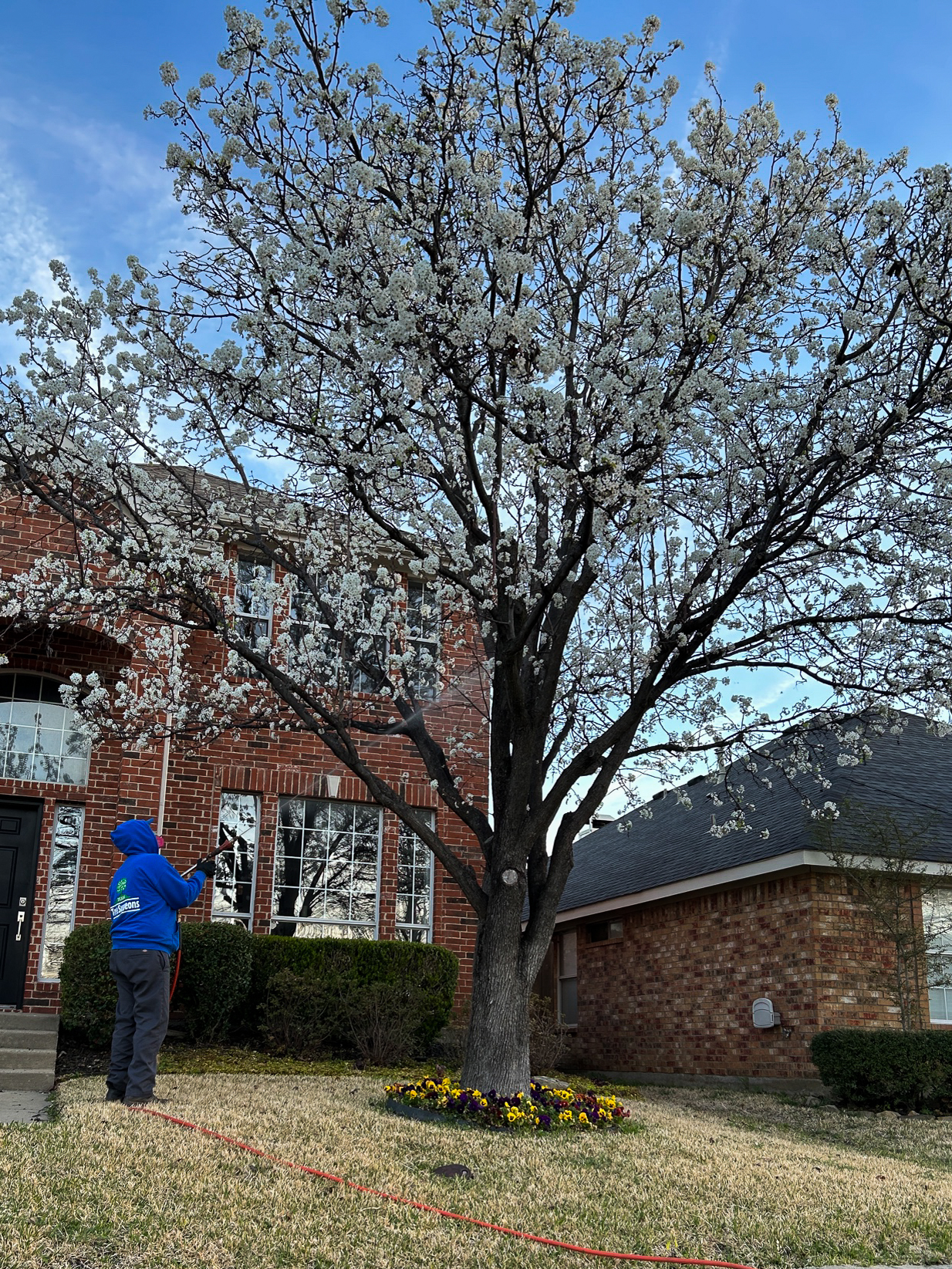
Fireblight
Fireblight is a common yet destructive bacterial disease affecting various species of fruit trees. It’s essential to identify it early and take action to prevent its spread. In North Texas we really only see this…
Read more
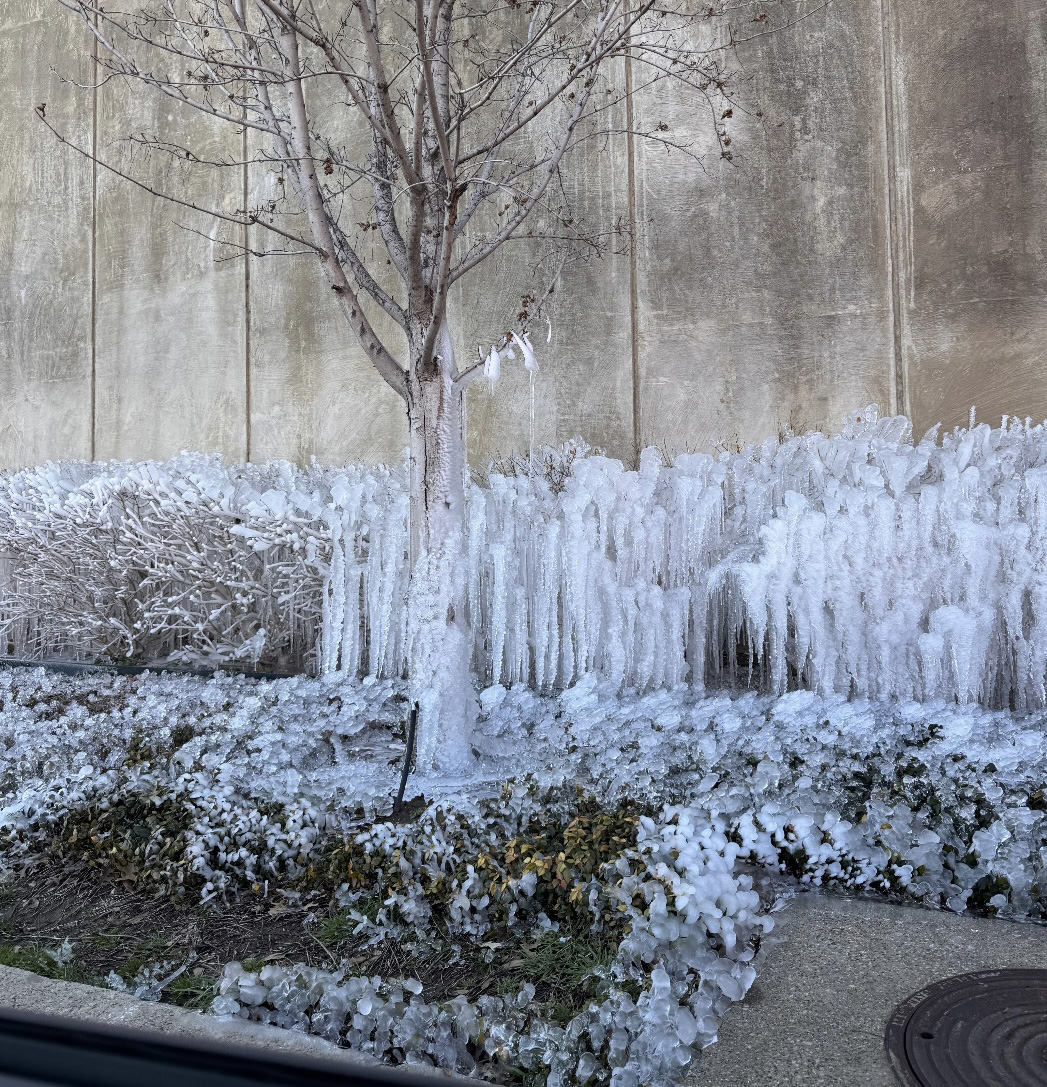
Help Your Trees Recover After a Freeze
If you missed the reminder about doing a deep watering before the freeze you may be concerned about your tree’s health. Follow these steps to ensure a healthy recovery for your trees after a freeze.…
Read more
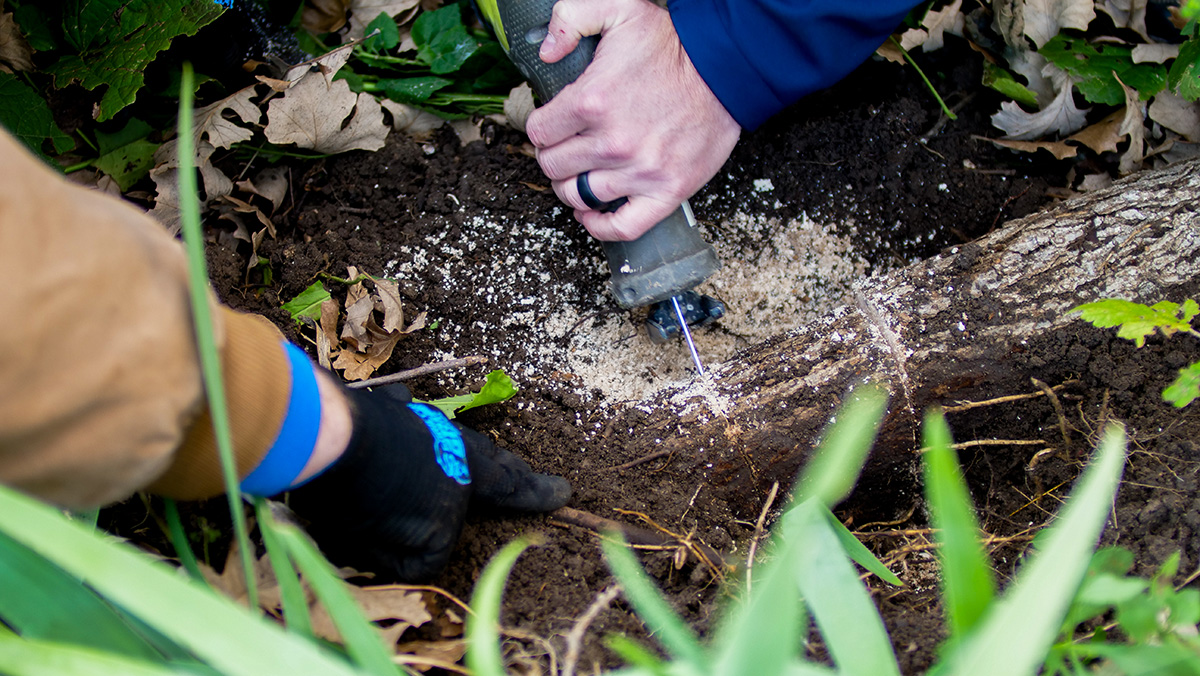
Root Pruning
Root pruning is more damaging to mature trees than it is for younger more vigorous trees. With that said, at Texas Tree Surgeons we can prune roots of healthy trees. Using certified arborists will minimize…
Read more
